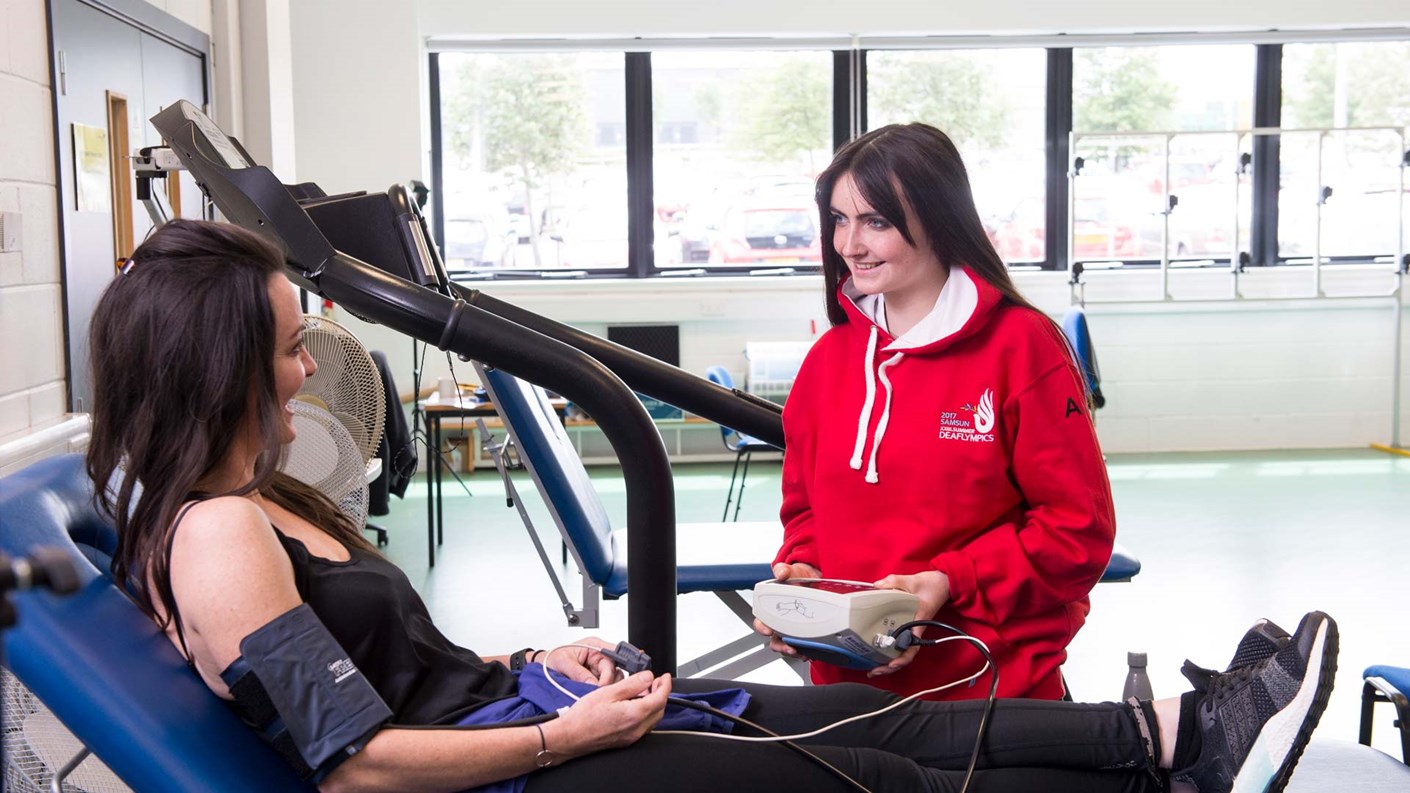All Universities are required to undertake annual monitoring to reflect on the delivery of modules and programmes. At Edinburgh Napier University, module and programme leaders produce an evidence-based and reflective annual report to consider and evaluate the effectiveness of the provision delivered during the previous academic year. Discussions of these reports are undertaken at School and subject group level, and School Annual Reports are produced as a culmination of this work.
Annual monitoring provides an excellent opportunity to reflect on the provision being delivered across the Schools, enabling areas for enhancement to be identified, and examples of good practice to be highlighted and shared with colleagues.
Quality and Standards Committee recently discussed the School Reports, the emergent themes, and the good practice and achievements identified and highlighted through the exercise.
Emergent Themes.
Successful Institution-Led Reviews have been taking place, with a number of these meeting threshold for ENhance, and providing the opportunity for helpful reflection by the programme teams. We hope you will have already seen our ENhance Spotlight on the English, Acting and Creative Writing ILR, which showed vast amounts of good practice.
Assessment.
The School of Arts & Creative Industries (SACI) shared an engaging session on groupwork assessment with colleagues from across the school sharing practice. Meanwhile in the School of Health & Social Care (SHSC), action planning has led to the roll-out of a pilot for inclusive assessment, offering students on all programmes assessment choices in at least one module. External examiners have acknowledged the inclusive and authentic assessment they have seen across all schools at ENU.

Community Building
All Schools noted community building for students and colleagues as a focus, with the School of Computing, Engineering & The Built Environment (SCEBE) and The Business School (TBS) particularly highlighting this in their annual monitoring. Recently, Dr David Jarman, Programme Leader of International Festival & Event Management had a chat with DLTE’s Dr Cameron Graham about how the themes of the ENhance curriculum enhancement framework have been used to find narratives between modules in this programme, developing the sense of programme identity between colleagues and helping students to see the ways in which their programme is shaped to support their development and future. We captured this conversation in our podcast which we would love for you to listen to and share your thoughts with us on Twitter (@EdNapDLTE) or LinkedIn. If you have an area of practice you would like to share with us through a podcast episode, a Learning & Teaching ENssentials webinar or another form of resource, reach out to us to discuss this via DLTE@napier.ac.uk .
Face-to-face teaching.
There has been a widespread return to face-to-face teaching, which has generally been well-received by students. Reflections on teaching approaches, using techniques and tools from teaching during the pandemic, has led to development of provision delivery to support parity of student experience between TransNational Education (TNE) programmes, Online programmes and Full-Time & Part-Time home provision.
As part of our attention to the return of face-to-face teaching, Pamela Calabrese (Head of Student Engagement) brought a number of DLTE colleagues to each of our 3 campuses in February to find student perceptions of the value of being on campus, what brings them on campus and what would encourage them to spend more time on campus, to inform the Hybrid Working Group. Students told us that the atmosphere on campus of being surrounded by others who are here to learn inspires them to use their time to benefit their education. A report on student experiences will be coming out in the next few weeks, and we’ll be sure to let you know when you can have a read.

Decolonising the Curriculum.
Colleagues have undertaken a project with the University of Glasgow on decolonising the curriculum, in partnership with a number of professional services departments. Within the School of Applied Sciences (SAS), there has been work to decolonise the Life Sciences curriculum. A collaboration with University of Glasgow was developed and internal funding was secured to begin this work in partnership with the University of Glasgow, Student Futures, Information Services, Quality & Standards and students. Creating awareness of the need for change has begun with seminars, external facilitators providing a workshop and team discussions. Students have been working with the PL and School Librarian to develop diversified reading lists for colleagues and students, and to generate an inclusive reading list library guide. The work has been progressing for less than a year and we are told it will continue for many more! If you need help with understanding the process of decolonising, its purposes and methods, the ENU Library team have a LibGuide on Decolonising the Curriculum which includes articles, books, blogs covering a broad range of aspects of decolonisation generally and recommendations diverse reading for a range of subject areas.
Sustainability.
The university-wide, interdisciplinary level-8 module ‘Achieving Sustainability: A Better World Is Possible’, led by Professor Mark Huxham of the School of Applied Sciences (SAS) and developed by academics across 5 of our 6 schools, has been offered to students across the university. The key learning outcomes of the module are to “identify and plan creative practical actions to promote sustainability and show how these relate to one or more of the key ideas of sustainability that are discussed in the module” and “collaborate to deliver a practical outcome designed to promote sustainability and evaluate its potential for impact”. Within 2021/22 the module attracted 29 students from across 4 schools. A wide range of projects included rewilding the seabed using seagrass; improving car parking spaces for the environment; and adopting Ecosia as the University search engine. This module is a fantastic example of impactful learning in higher education.
External recognition from Professional, Statutory & Regulatory Bodies (PSRBs).
School of Applied Sciences (SAS):
Royal Society of Biology (RSB).
During the previous academic year, the UG Biological Suite applied for reaccreditation from the RSB which involved an online visit in October 2021. Some conditions and recommendations for the suite emerged from this process, which have been addressed, and they also highlighted 8 areas of good practice including the option for all students to undertake a laboratory-based project, the recognition of the needs of employers in the design and delivery of the programme and the incorporation of environmental awareness (e.g., laboratory plastics recycling) in the curriculum.
British Psychological Society (BPS).
The BPS continued to be proactive in sharing across-the-board information on careers, events, and guidance for students in the Psychology subject area. In relation to Undergraduate programmes, the relationship with the BPS was maintained throughout 2021-2 and the programmes remained accredited. Two BPS colleagues visited in August 2022 and in-depth discussions around skill development and employability were held. The BPS commended the Skills Passport, employability focus, and new level 10 module designed to enhance skills.

Scottish Football Association (SFA).
Successful delivery of our UEFA Licenced activity across the 3 current year group involves proactive management between the programme leader and Scottish FA programme tutor, involving weekly meetings to discuss the needs and progress of each year group. If any issues require attention the PL will engage with either the ML or the Head of Education from the Scottish FA to put in place any actions. This active process allows the programme team and the SFA staff to keep an alignment on the delivery of content between both organisations – for the better of the student experience. The programme team ensure students understand that they have an important voice in shaping the degree, and request feedback during the trimester – over and above the ‘normal’ feedback processes.

Chartered institute for the Management of Sport and Physical Activity (CIMSPA).
A representative from the Physical Activity & Health programme team attended biannual forums with other HE partners in the UK to discuss student progress, employer’s access, workforce governance and general updates from within the sector. An annual programme update was also submitted to ensure the Physical Activity and Health programme was re-endorsed. The previous academic year saw the introduction of a work placement module for the programme, based on CIMSPA guidance. Currently there is a need in Scotland for better connections to the Scottish employers, and for them to approach us, so work in this area is ongoing.
School of Computing, Engineering & the Built Environment (SCEBE).

Computing.
Our BSc Games Development programme has been accredited by IntoGames and National Cyber Security Centre certification has expanded, making Edinburgh Napier University the first in the UK to have certified Undergraduate, Postgraduate and Degree Apprenticeship programmes.

Engineering and the Built Environment.
Our MSc Architectural Technology and Building Performance has been accredited by the Chartered Association of Building Engineers and colleagues in SCEBE have been working toward accreditation with visits from the Institute of Engineering & Technology (IET) who accredit our MEng (Hons) Mechanical Engineering and Chartered Institute of Architectural Technologists (CIAT) who also accredit our MSc Architectural Technology and Building Performance.
The Business School (TBS).
Association to Advance Collegiate Schools of Business (AACSB).
Having submitted a self evaluation report in November 2022, the Business School will be hosting an accreditation visit with the AACSB in April 2023. Various panel members have visited the University during the year and have provided constructive feedback across a number of areas including the further development of Assurance of Learning which has been significantly revised during the 2021/2 academic year. We’re looking forward to hearing the outcome of the accreditation.
If you are involved in any of the work mentioned above and would like to share more, leave us a comment below and we can update this blog post to be as useful as possible to colleagues. There is so much good work going on all over the University, which we are always keen to share. If you have a project or initiative which we can draw attention to through a blog post, a podcast, a webinar or any other means, please let us know via Twitter (@EdNapDLTE), LinkedIn, or by emailing DLTE@napier.ac.uk.
